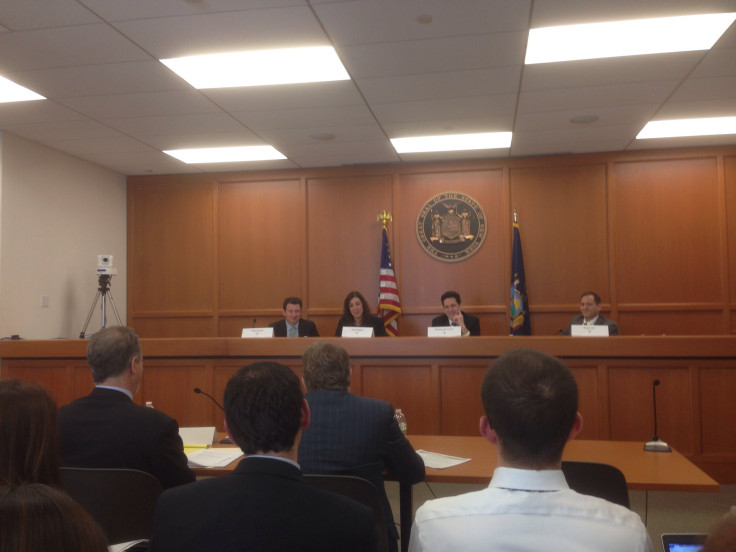Bit Licenses: How Will New York Regulate Bitcoins?

With the conclusion of the New York Department of Financial Services’ (NYDFS) hearings on virtual currency, the big question is when and how will the NYDFS act? They have somewhat answered the when. Superintendent Benjamin Lawsky has given an ambiguous window of 2014 for regulation to be released. But how is another question, perhaps a much more ambiguous one at that.
The hearings went as well as anyone could have asked for. Testimonies from witnesses were on point, clear and illuminating to the somewhat uninitiated lawyers at the NYDFS. Multiple sides and arguments were made for and against bitcoin and other cryptocurrencies. While witnesses were generally pro-bitcoin, with a few exceptions, almost everyone welcomed the possibility of regulations.
So how will this affect Lawsky and the NYDFS’s movement on regulation? Ultimately time will be the only truth, but we can take the testimonies given by witnesses and draw some crude estimations on where the regulators may go. For example, in the hearing Lawsky introduced both New York County’s District Attorney Cyrus R. Vance Jr. and Richard B. Zabel, Deputy U.S. Attorney for the Southern District of New York, as “friends.” Couple that with the significant cybercrime cases both prosecutors have handled and you can get a general idea of how important their testimonies are to the NYDFS.
The big points that came across on almost all of the panels were the possibilities of money laundering and cybercrime like narcotrafficking and child pornography, while still providing framework that supports growth in the sector. Investors like the Winklevoss brothers spoke of the need for balance in regulation. Investor Jeremy Liew tried to ease concerns about bitcoins anonymity by drawing a connection to how cash is still used for crime and money laundering to this day. He also asked regulators to remember that virtual currency is different than fiat currency and any regulation should be new, not based on traditional currency regulations. However, Lawsky stated clearly that the need to stop money laundering and reduce crime outweighs the need for innovation.
Virtual currency licenses, or as the NYDFS called them Bit Licenses, were of interest. Zabel and Vance both urged that licenses should focus on who is operating and what intent each business should have. Operators like Overstock.com echoes those sentiments, stating that they currently have a fraud protocol that screens roughly 14 percent of orders, canceling two percent as potentially fraudulent. The removal of anonymity could provide validity to cryptocurrencies, operators and users.
If the NYDFS takes the recommendations of the panels to heart, a form of bit license should emerge sometime this year. These licenses will most likely require business operators to call for some sort of identification from their customers. However, they will probably be more restrictive than investors want in lieu of better crime prevention, but they will still be somewhat loose and allow for some room to grow as virtual currency is still a nascent market.
As it took several months for the NYDFS to even hold the hearing, any regulation is probably going to appear later in the year, most likely in the third quarter. Lawsky and the other lawyers at the NYDFS have a lot of work ahead of them; the panelists offered a lot of information, both good and bad. Since New York is the first state to hold hearings on the subject of regulation, the actions of the NYDFS will most likely color the legal movements of the rest of the nation.
© Copyright IBTimes 2025. All rights reserved.





















